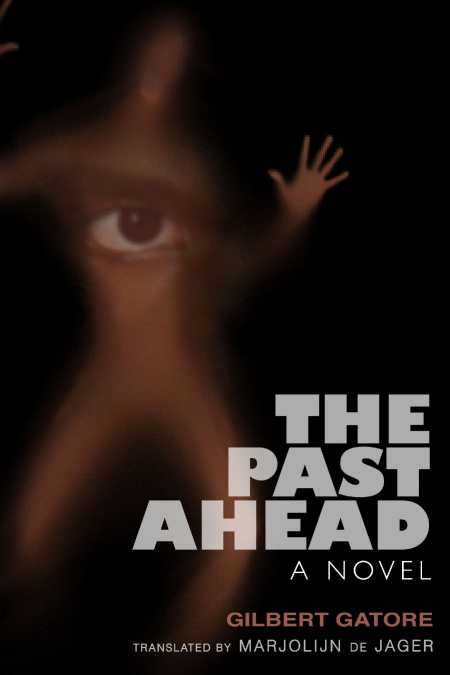
The Past Ahead
Gilbert Gatore’s first novel, The Past Ahead, is not a story about genocide. Though it’s centered around the horrific events that took place in Rwanda during the 1990s, it’s also not a novel about war. Gatore relies on his readers’ understanding of the atrocities that occurred in his home country to write a vibrant work of fiction that explores what it takes to make a monster out of a human being, and challenges the definition of survivor.
When looking back at such incomprehensible events, it is perhaps a universal instinct to try and draw clear lines between good and evil, to separate the victims from the perpetrators, and especially the past from the present. Gatore’s novel starts from this place. The two main characters are Niko, a disfigured, isolated man, and a privileged young woman named Isaro. In many ways they are opposites, and at the beginning, readers are meant to see them in contrast: Isaro is innocent and sympathetic, Niko is guilty and his actions are deplorable. Gatore keeps their narratives separate, but readers soon learn that Niko is a manifestation, a character created by Isaro as part of her attempt to come to terms with a traumatic past. Gatore manipulates time and blurs the distinction between what’s real and what’s imagined. He shows the ways in which people defy the categorizations imposed on them. Isaro was a child when the conflict started. Her family was killed and she was taken to be raised in a loving home in France. Yet she struggles with guilt and shame. Niko is exiled and condemned, but his humanity in undeniable, even as his crimes are revealed.
Gatore was born in Rwanda in 1981. During the conflict and his time as a refuge in what was then Zaire, Gatore kept a diary, but customs officials took everything when he and his family fled to France. In the novel’s introduction, Gatore’s fiction is described as an attempt to recreate the emotional content of those lost notebooks, and push past the role of witness. His novel reflects on themes of guilt and redemption, and questions the power time has to heal. It suggests that while evil may be a state of being, victims and perpetrators suffer alike in its wake. The Past Ahead was short-listed for the Prix Goncourt du Premier Roman in France and won the Ouest-France Prize in 2008. It is the first volume of the collection entitled Figures de la vie impossible, and was translated from the French by Marjolijn de Jager.
Reviewed by
Jennifer Williams
Disclosure: This article is not an endorsement, but a review. The publisher of this book provided free copies of the book and paid a small fee to have their book reviewed by a professional reviewer. Foreword Reviews and Clarion Reviews make no guarantee that the publisher will receive a positive review. Foreword Magazine, Inc. is disclosing this in accordance with the Federal Trade Commission’s 16 CFR, Part 255.
